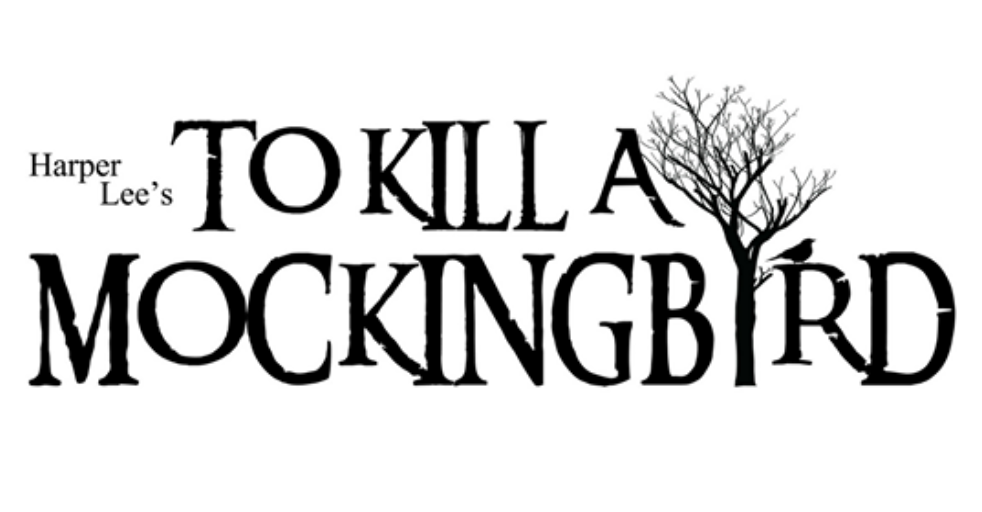The story of one man's stand in defense of the figurative bird that is hated from afar for its mimicry but can be loved with familiarity flies in the face of the tendency to hate what one does not know up close.

The title of this historically acclaimed yet contemporarily mixed-reviewed book by Harper Lee always leads to the question; why kill a mockingbird?
The story of one man's stand in defense of the figurative bird that is hated from afar for its mimicry but can be loved with familiarity flies in the face of the tendency to hate what one does not know up close.
“Mockingbirds don’t do one thing but make music for us to enjoy. They don’t eat up people’s gardens, don’t nest in corncribs, they don’t do one thing but sing their hearts out for us. That’s why it’s a sin to kill a mockingbird.” This quote from Harper Lee’s To Kill a Mockingbird refers to the notion that mockingbirds are harmless creatures, they do nothing but sing and bring happiness to the world. Although mockingbirds are harmless and benevolent they are still susceptible to a hunter’s gun. This is also the case with Boo Radley and more directly, Tom Robinson. These two men can both be seen as symbolic mockingbirds through their innocence, kindness, and vulnerability. [cf: similar creatures]
The novel leads you on a path that ends in a changed attitude towards the superstitious or automatically untrustworthy to the openness of the good that exists within people.